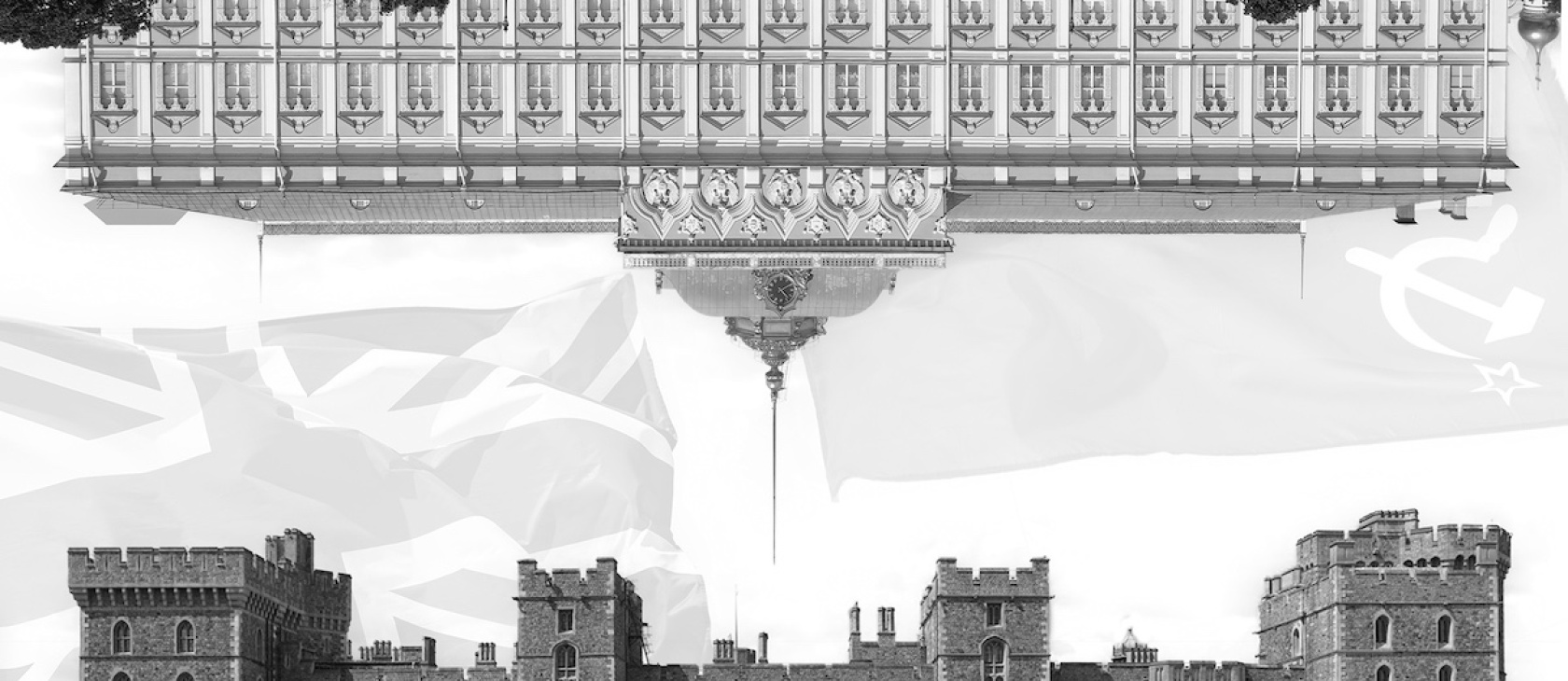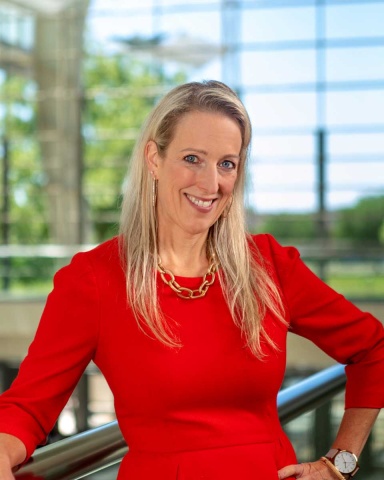Queen Elizabeth II and Mikhail Gorbachev were born five years apart. They lived through a century of enormous change. Seven decades before either was born, Charles Dickens (1859) penned A Tale of Two Cities, a historical novel reflecting on the turbulence of the French Revolution. It opens with this famous paragraph:
It was the best of times, it was the worst of times, it was the age of wisdom, it was the age of despair, it was the epoch of belief, it was the epoch of incredulity, it was the season of Light, it was the season of Darkness, it was the spring of hope, it was the winter of despair, we had everything before us, we had nothing before us, we were all going direct to Heaven, we were all going direct the other way.
They lived through roughly the same period of history and died within days of each other, but Queen Elizabeth II and Mikhail Gorbachev left very different legacies. It serves us well to consider why.
That was certainly true in 1859, when England was in the early throes of the Industrial Revolution. At this time, life expectancy in England and Wales was 42 years, and 25% of children born alive died before their fifth birthday. In Russia, life expectancy was 29 years. England was on the cusp of unprecedented economic growth, which brought people into cities, bred innovation, and generated monumental gains in living standards for ordinary people. Russia, which became the Soviet Union in 1917 after the Bolshevik Revolution and the establishment of a socialist state, would embark on almost a century of death and destruction.
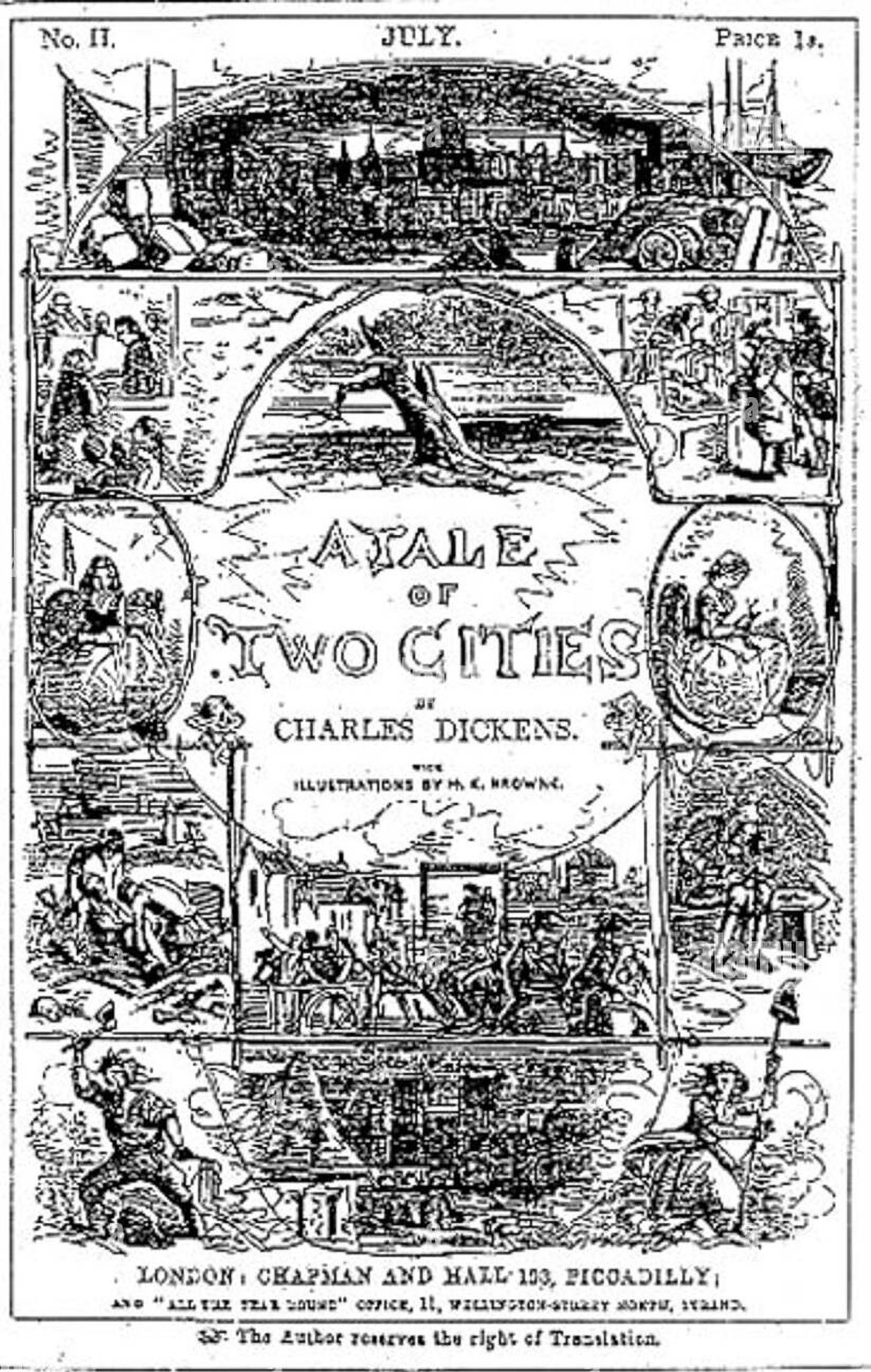
It seems that the Dickens paradox is true so long as you are living within the context of economic progress. In 1859, life was unbearably harsh compared to today’s standards: no microwaves, antibiotics, or GPS. When living conditions are improving, the best of times always may still lie ahead but still seem within reach. Queen Elizabeth II and Mikhail Gorbachev were born in 1926 and 1931, respectively. They died just nine days apart and lived through almost a century of economic, political, and social change—yet their experiences were diametrically opposed.
A Life of Duty and Faith
Queen Elizabeth II, born Princess Elizabeth of York, lived cradle-to-grave in royal luxury. She became heir presumptive at the age of 10 and queen at 25. Her reign was almost 71 years, the longest of any British monarch and the longest female reign in history, surpassing even her great-great-grandmother Queen Victoria. She died in her beloved Balmoral Castle in Aberdeenshire, Scotland. She lived a remarkable life with all the creature comforts that could be afforded anyone—and those creature comforts certainly changed over her long life. What’s remarkable is that over her lifetime the gap between the conveniences available to royalty versus those available to ordinary British citizens would narrow considerably. Queen Elizabeth likely carried the same cellphone upon her death as you do. When she was born, the cellphone was inaccessible even to queens and kings, because it did not yet exist.
Queen Elizabeth II’s coronation ceremony was held on June 2, 1953, and was the first to be broadcast on live television. Three-fourths of the population of the United Kingdom watched and one-third tuned in by radio. Three million people lined the streets as the queen and her entourage processed back to Buckingham Palace. Her reign saw many changes and disruptions—political, economic, and social. She witnessed World War II as a child and reigned during the Suez Crisis, in which Great Britain invaded Egypt. She presided over the decolonization of Africa and the Caribbean in the 1960s and ’70s, during which time more than 20 nations declared independence from Britain. This period was marked by great social and political changes in Britain, Europe, and beyond. Queen Elizabeth II, unlike Mikhail Gorbachev, largely played a diplomatic rather than a political role. In 1965, she traveled to West Germany, the first official visit by a British royal since 1913. Her trip commemorated the 20th anniversary of the end of World War II and helped facilitate friendship and reconciliation between Britain and Germany. She would go on to witness the entry of Great Britain into the European Economic Community in 1973, which would later become the European Union.
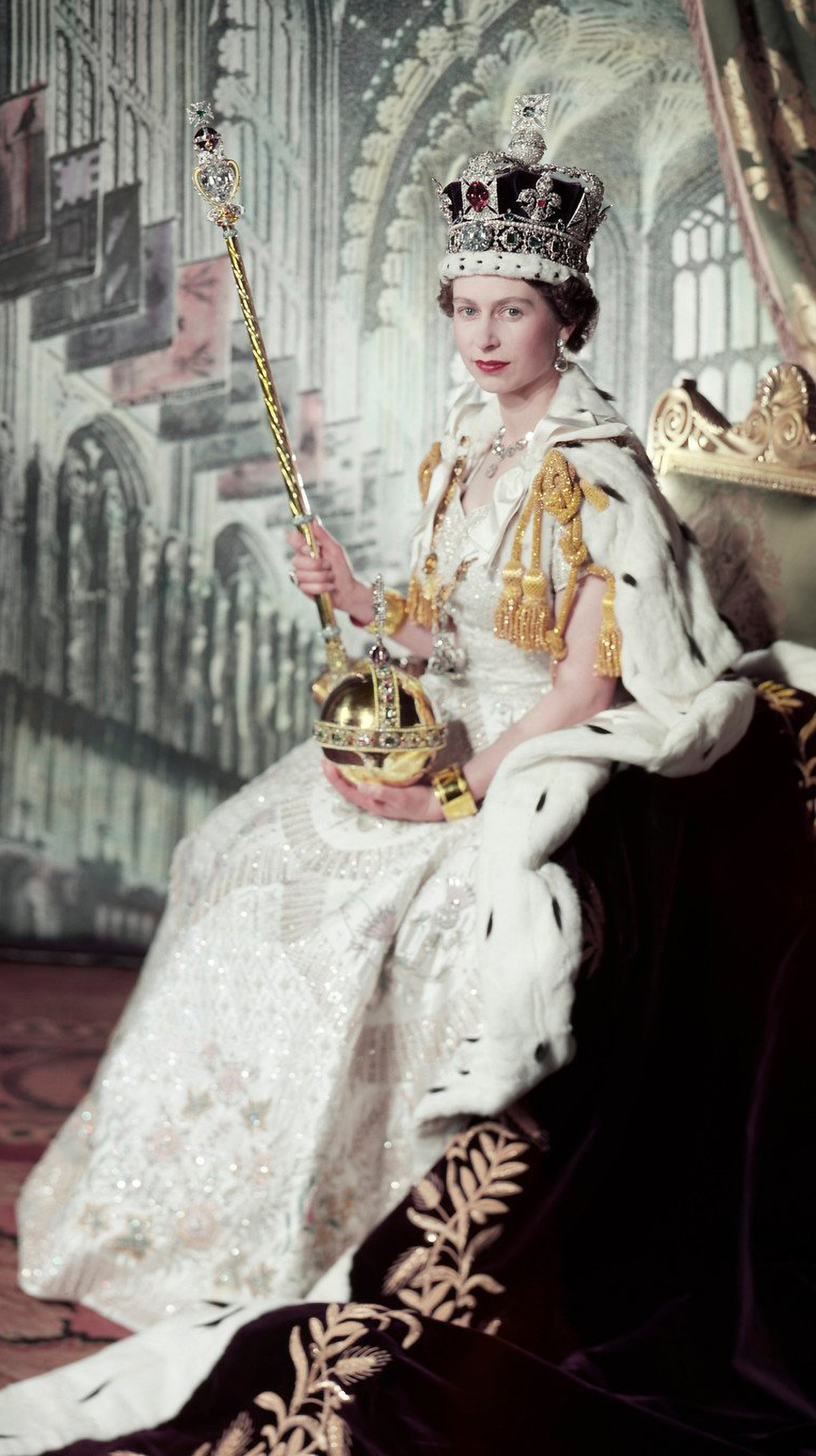
The 20th century would see Britain transform from a mighty global empire into a smaller commonwealth of nations seeking greater economic and political freedom. We certainly cannot and should not attribute such a transformation directly to Queen Elizabeth, as constitutional limits meant she kept mostly quiet about political affairs and viewed her role as head of the royal family and “Defender of the Faith,” i.e., the Church of England. She served as the nation’s top “diplomat” and wielded soft rather than hard power, another significant difference from Gorbachev. In that role she received Pope John Paul II on his visit to England, which was the first time a reigning pope had ever set foot on British soil. In 1986, upon Prime Minister Margaret Thatcher’s agreement to return sovereignty over Hong Kong to China in 1997, Queen Elizabeth became the first British monarch to visit the Chinese mainland. She celebrated her Golden Jubilee, her 50th year on the throne, in 2002, traveling more than 40,000 miles that year, including visits to the Caribbean, Australia, New Zealand, and Canada. She also visited 70 cities and towns in 50 counties in the United Kingdom. In 2011 she and her husband, Prince Philip, visited the Republic of Ireland—the first visit of a British monarch in 100 years—as she worked to repair the troubled Anglo-Irish relationship.
If our starting point is that man has incomplete knowledge and is self-interested, then any system predicated upon sheer altruism will fail.
Prince Philip died on April 9, 2021, ending a 73-year-long marriage and partnership. Nevertheless, Queen Elizabeth carried on managing “The Firm,” as the royal family is known, and meeting her responsibilities, including officially appointing Boris Johnson’s successor, Liz Truss, as prime minister just two days before she died, age 96. Even her detractors had to admit that her life was one of duty, faith, and diplomatic tact, and punctuated by many “firsts.” She was a new and different leader.
Her Christian faith was central to her life and helped her weather many personal storms, including the death of her father when she was just 25. Around the same time, her sister, Princess Margaret, had an affair with a married, much older man. Her four children were also no strangers to scandal. Prince Charles, her eldest, had several romances before he married the much younger Diana Spencer in 1981. Queen Elizabeth II described 1992 as her “annus horribilis”: Three of her children’s marriages dissolved, a fire erupted in Windsor palace, and Charles’ affair with Camilla Bowles continued, leading to his separation from Diana. Additionally, the monarchy grew increasingly unpopular and was viewed as a drain on public finances during a time of recession. As a public gesture, the queen agreed to pay income and capital gain taxes that year, a custom that has continued ever since. More scandal followed, however, with the divorce of Prince Charles and Princess Diana in 1996. The death of Princess Diana the next year rocked the royal family.
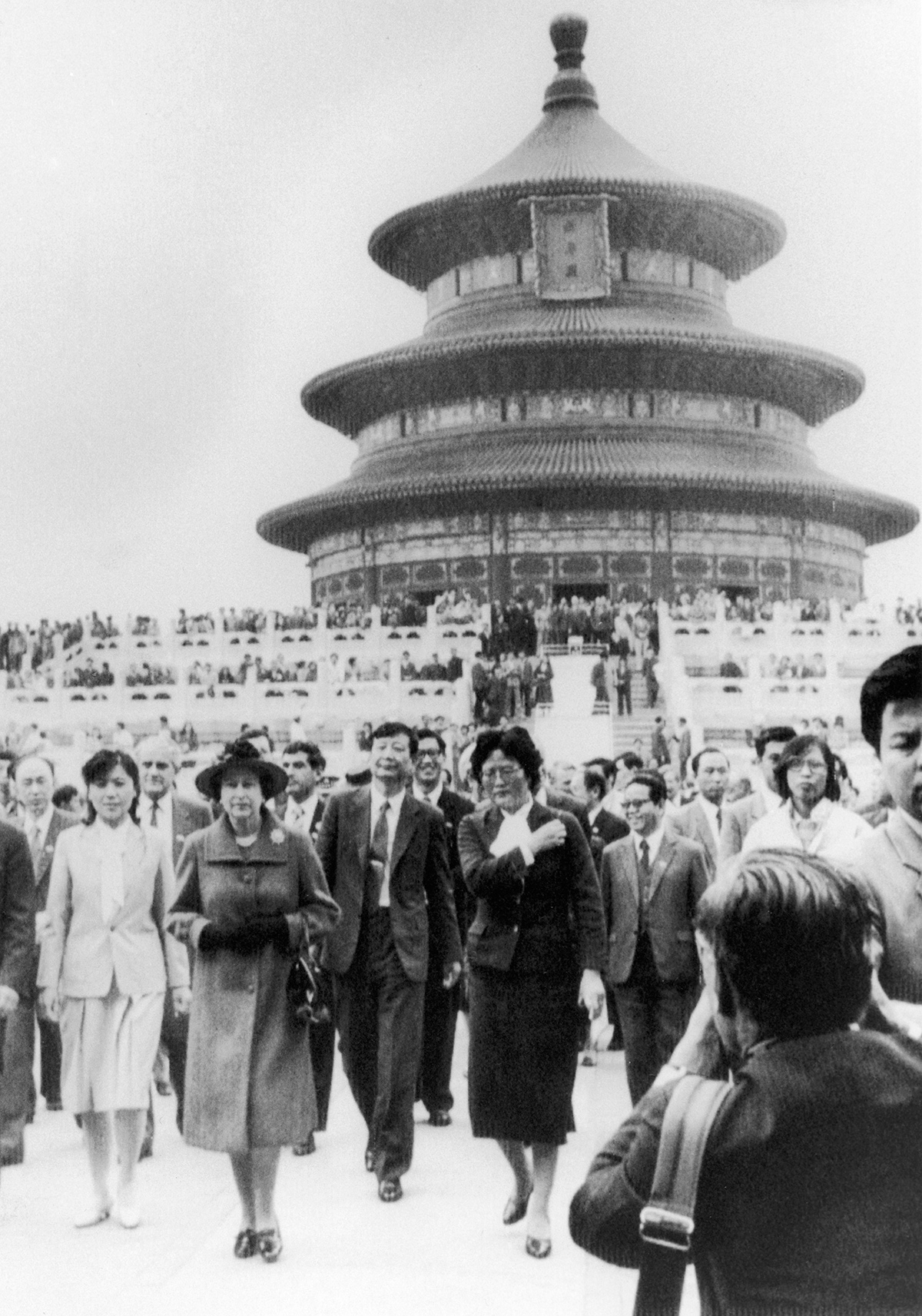
Through it all, her faith was the foundation of her principles and buoyed her through personal trials, and also shaped her view of how we should treat each other and how we should live.
She offered a Christmas message every year in which she spoke candidly about the importance of that faith. In 2000 she spoke boldly of the practicality of her faith:
But the true measure of Christ’s influence is not only in the lives of the saints but also in the good works quietly done by millions of men and women day in and day out throughout the centuries. Many will have been inspired by Jesus’ simple but powerful teaching: love God and love thy neighbor as thyself—in other words, treat others as you would like them to treat you. His great emphasis was to give spirituality a practical purpose.
A Failed Reformer
Mikhail Gorbachev was born just five years after Queen Elizabeth, under the reign of Joseph Stalin, one of history’s most ruthless dictators. His parents were poor peasants of Ukrainian and Russian descent. His mother was a devout Orthodox Christian and had him secretly baptized as a child, but later his parents would publicly support Soviet atheism. His maternal grandfather joined the Communist Party and worked to collectivize the local farms and later became chair of the party. Yet both of his grandfathers served time in Stalin’s gulags during the Great Purge, and several of his family members died during the Soviet famine of 1930–33.
At a young age, Gorbachev witnessed the machinations of dictatorial central planning. His father, Sergey, was a member of the Red Army and in 1948 was awarded the Order of Lenin for his large grain harvest; Mikhail would become the youngest winner of the Order of the Red Banner of Labor the very next year, which would help his political career and allow him to enter school without an entrance exam or interview. In 1959 he was admitted to Moscow State University, the Soviet Union’s top university. He joined the Communist Party in 1952 and publicly defended a Jewish student who was accused of disloyalty. This anti-Semitic campaign would ultimately morph into Stalin’s conspiratorial Doctor’s Plot, an alleged conspiracy among Soviet medical specialists, mostly Jews, to murder high-ranking Soviet government leaders.

Gorbachev’s experiences and friendships during this time likely were important in his later role as a reformer. He befriended a Czech student named Zdeněk Mlynář who later became the prominent leader of the 1968 Prague Spring, an important movement for liberalization and freedom. Although Gorbachev remained committed to Marxist-Leninist ideals, he worried about the sustainability and legacy of the Stalinist system. Throughout his life, unlike Queen Elizabeth II, he operated within and eventually ran the political machinery of his country. He supported Marxist socialism but also saw its defects and would attempt to reform it—unsuccessfully. (His final paper before graduation from Moscow State was on the advantages of socialist democracy over bourgeois democracy.)
After the death of Stalin, Nikita Khrushchev called for reforms that Gorbachev supported while maintaining that he remained a true Marxist who merely rejected Stalinism. In 1971 he was elected to the Communist Party’s Central Committee after two decades of post-graduate party work. In 1980 he became a full member of the Politburo and in 1985 was appointed general secretary of the Communist Party and the nation’s new leader.
That same year he initiated a campaign of glasnost (“openness”) and perestroika (“reconstruction”) to reform the Soviet Union’s economic and political system within a broader communist structure. He also met President Ronald Reagan in Geneva for a series of meetings at the apex of the Cold War. In 1987, Gorbachev and Reagan signed the Intermediate-Range Nuclear Forces (INF) Treaty. More reforms came in 1989, when the last Soviet forces left Afghanistan. Monumentally, 1989 also saw the Berlin Wall fall as reform cemented in East Germany and the doors to the West finally reopened. This came just two years after Reagan implored Mr. Gorbachev to “Tear down this wall.”
More than 70 years of Soviet central planning was coming to an end, but not without every internal effort to save it. Gorbachev was pragmatically, not principally, forced into reform. For example, when he took office, he initiated another five-year plan to increase the building of machines by 50%. What he didn’t realize is that true innovation cannot come from technocratic planning. Yet he knew the Soviet Union would continue to fall behind the rest of the world without reform. His free-market rhetoric was abandoned in practice and, as economist and Soviet scholar Peter Boettke claims, perestroika failed because it wasn’t ever tried. For his efforts, however, Gorbachev won the Nobel Peace Prize in 1990, then resigned as Soviet leader in 1991, dissolving the Soviet Union. The Soviet flag over the Kremlin was replaced with the Russian flag. He ran in Russia’s presidential election in 1996, winning less than 1% of the vote. He died on August 30, 2022, age 91, less than two weeks before Queen Elizabeth II. Unlike the unwavering and public Christian faith of Queen Elizabeth II, the faith of Gorbachev was the subject of much speculation, but most likely he died an atheist.
A Conflict of Visions
Upon the death of Queen Elizabeth II, the global feeling of loss was palpable. Gorbachev, a winner of the Nobel Peace Prize, left a different and more complex legacy. It was not their birth status as much as their conflicting visions that determined their paradoxical lives and contrasting legacies. Queen Elizabeth II’s reign saw vast economic progress not only in Britain but in nations around the globe. Over her long life, she witnessed the egalitarian nature of economic growth within a capitalist system that understood human nature as more or less fixed yet susceptible to the right kinds of motivation for real moral and quality-of-life progress. Gorbachev, however, was the product of a system dominated by monopolistic state oppression, violence, and human immiseration. The Soviet system protected the political elites and lived off the backbreaking work of those who managed not to be utterly crushed by Marxist ideology. It was a system predicated on an unconstrained vision of human nature—man as something pliable and to be reinvented—and as such was doomed to fail.
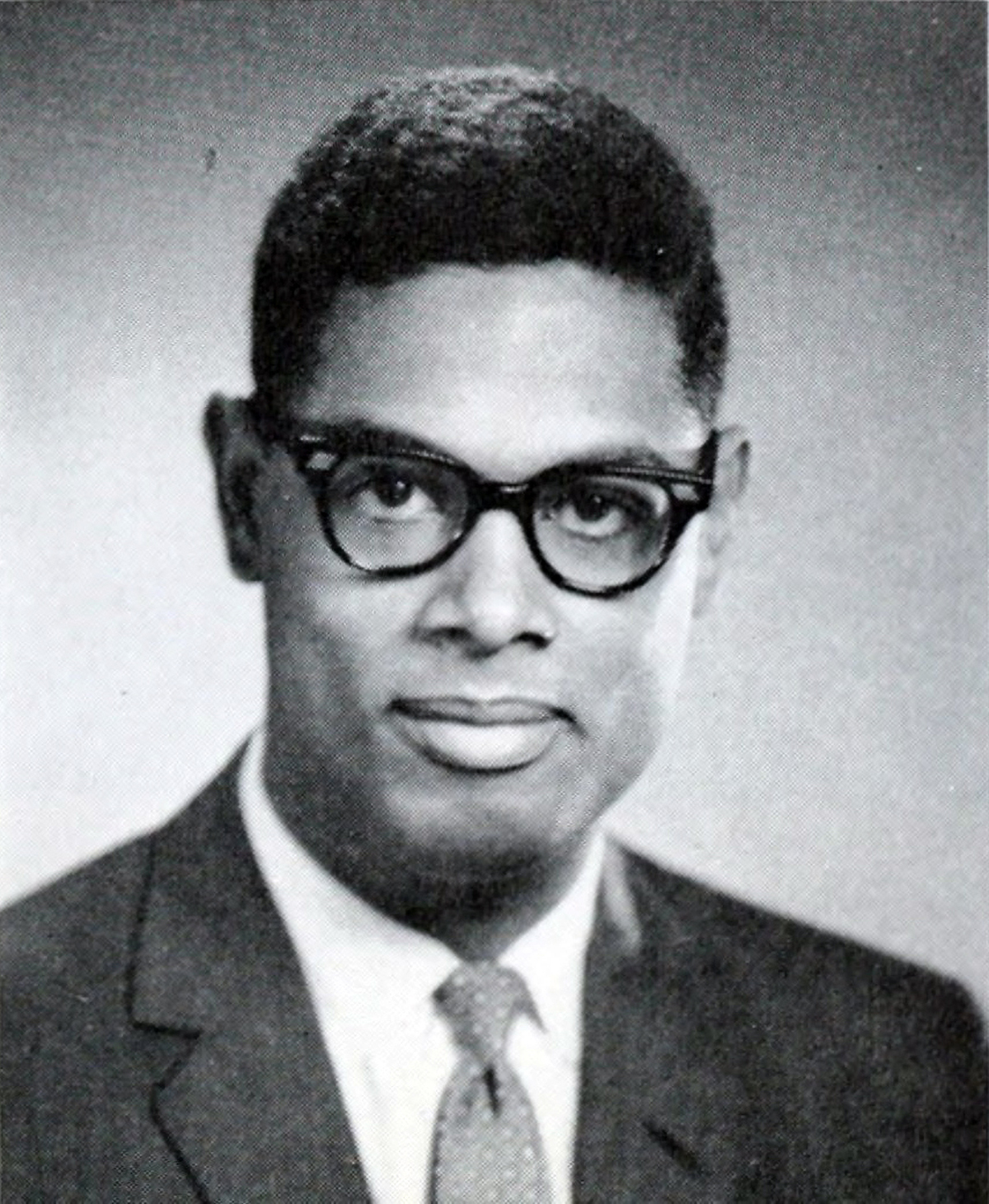
Thomas Sowell in his superb book A Conflict of Visions demonstrates how our vision of the world informs the ideologies we embrace. Our vision is our sense of how the world works; it’s what we feel or intuit before we apply systematic reasoning. From this we develop theories about how to solve problems. Our beliefs about divergent economic, political, and legal systems are grounded in social visions and our perceptions of human nature.
Sowell contrasts the constrained and unconstrained visions of man. The constrained vision of human nature can be seen in Adam Smith’s description of the moral limitations of human beings. We are not nor can we be transformed into purely altruistic beings who always act selflessly. Our moral sympathies are limited. We are self-interested, and as such we pursue our happiness first and foremost in our daily activities—yet we are still capable of love and sacrifice.
In short, we are fallen and finite, sinful and self-interested, yet with a deep need to cooperate in community. Smith acknowledges this but doesn’t throw up his hands in despair; rather, he alters his view of what is possible. Both Smith and Sowell see mankind from the constrained vision, and this informs their beliefs about what policies, models of government, and economic systems are feasible given what human beings essentially are. If our starting point is that man has incomplete knowledge and is self-interested, then any system predicated upon sheer altruism will fail. If man’s nature is immutable, then the institutions of government and economics must be grounded in that reality; if they are not, they cannot possibly achieve their stated goals, because they will constantly be kicking against the goads of both human nature and natural law. Moreover, they may create an avalanche of misery and unintended consequences.
Gorbachev was pragmatically, not principally, forced into reform. For example, when he took office, he initiated another five-year plan.
Sowell demonstrates that the unconstrained vision of man can best be understood through the work of William Godwin’s Enquiry Concerning Political Justice, published in England in 1793. Godwin paints man as an engineer—one who can create social benefits by intention alone. This unconstrained vision of essential human nature requires that we put others’ needs before our own and that certain types of social arrangements be established to encourage and reward this ideal. Some of the language used to describe the unconstrained vision of man might nevertheless ring true to Christians and help explain modern efforts at “Christian socialism.”
For example, Christians are asked to love the exile, the stranger, and the enemy. We are asked to sacrifice for Christ and the Kingdom. Philippians 2:4 admonishes us not only to look out for our interests but to also look out for the interest of others. We are inherently social beings gifted with reason and created for relationship and cooperation. All this is true and binding on believers. But civil society is made up of more than just believers, who themselves are fallen and broken, so living as Christ commands is infinitely challenging even on a personal level, which is why we are also required to repent of our sins daily. To attempt to craft an economic and political system run on such ideals may sound pious on paper but will prove to be more than just challenging in lived experience—it will prove impossible, as every such attempt in history has demonstrated.
What is possible is an emphasis on vocation, which is an important vehicle for us to both serve others and bring glory to God. When this works in concert with His purposes, we help restore shalom. As Martin Luther is reported to have said, the Christian shoemaker serves God by making a good shoe and selling it at a fair price, not by stamping crosses on the shoes. The cobbler is part of the catallaxy, the process of bringing people into the community, which generates peaceful cooperation and interdependence.
Recognizing our sinful inclinations and human limitations must be the starting point of our analysis of which type of economic or political system will be able to achieve its proposed goals. The unconstrained vision presumes we can overcome who we are to create a better world, whether the world likes it or not. In short, human nature cannot be transformed as if it were merely a defective machine, nor through constitutional design or brute force.
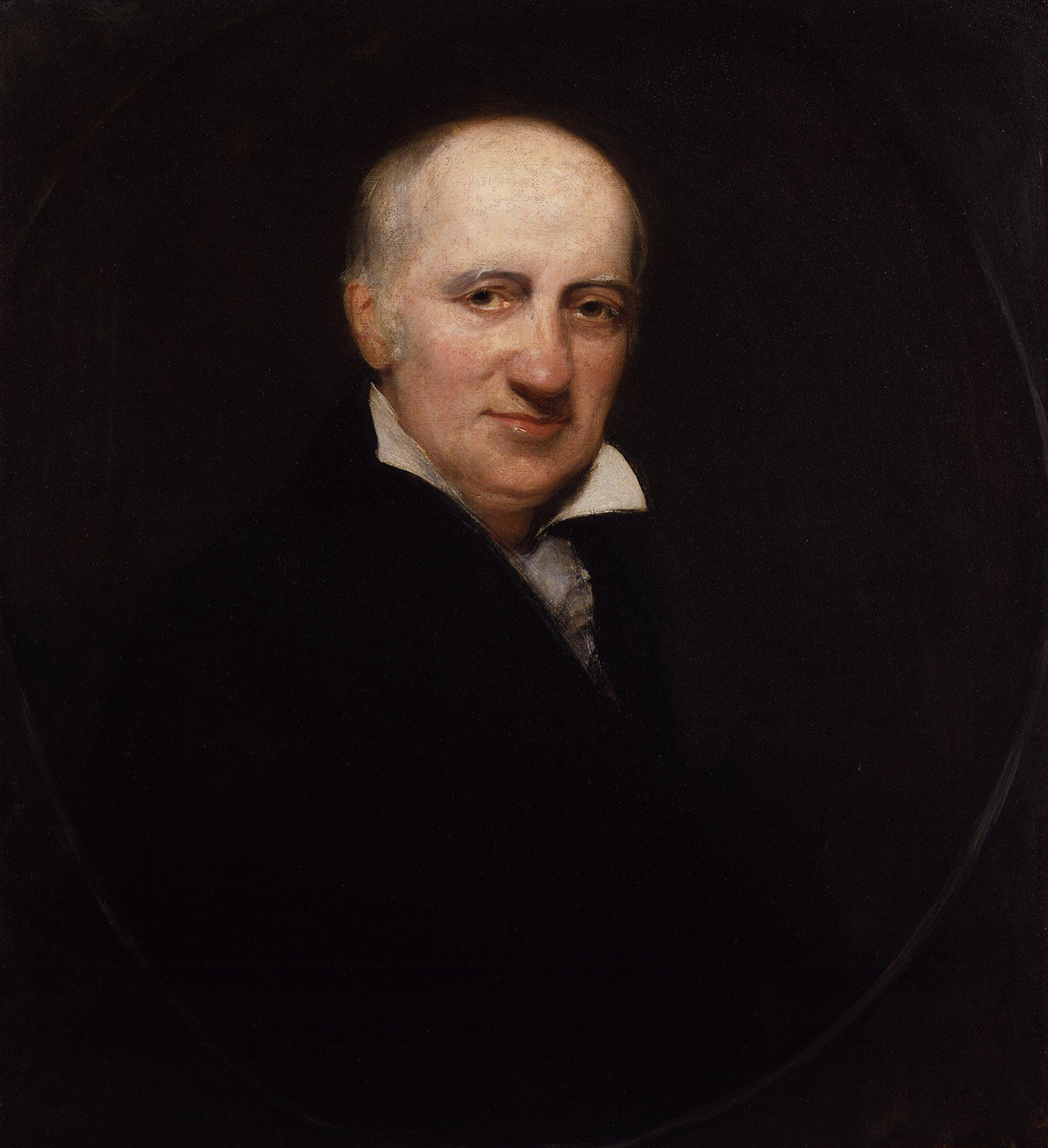
Sowell’s famous conclusion from all this is to acknowledge that there are no solutions, only tradeoffs. We cannot contrive a government system that eradicates sin, greed, and error. But we can take human nature as it is, rather than as we hope it could be, and still achieve extraordinary things. Just look around you (assuming you are living in a society that has benefited from a market economy that understands human behavior). Sowell, himself an atheist, would reject God as the source of human dignity but gets so much right about economics because he taps into essential truths of human nature, even though he would disagree with their source.
The legacies of Queen Elizabeth II and Mikhail Gorbachev are profoundly divergent because they were informed by wholly disparate institutional environments that shaped their beliefs and actions. While neither was a political philosopher, Queen Elizabeth II lived in a country that governed according to a constrained vision of human nature and had personal convictions guided by her Christian faith in the fallen but redeemable nature of man.
Gorbachev’s life and experiences were shaped by the quest for raw power—even his efforts at reform were plagued by the fallacy of the unconstrained vision of man. The Soviet economy was for decades characterized by state control of investments, shortages of consumer goods, little foreign trade, and public ownership of industrial assets. To manage resources and people in a collectivized economy requires force and obedience. Thus, the only acceptable faith was Soviet atheism, which demands that all hearts and minds serve the state. Marxism cannot be reconciled with a Christian understanding of the human person because it rejects individual human dignity, which is rooted in the imago Dei. Soviet-imposed atheism is not only anti-God but anti-human; it not only failed to deliver the goods but generated widespread personal and cultural decay. One of Gorbachev’s biggest problems was rampant alcoholism: Drink was perhaps the only escape ordinary Russians had from their godless dystopian reality.
The legacies of Queen Elizabeth II and Mikhail Gorbachev are profoundly divergent because they were informed by wholly disparate institutional environments that shaped their beliefs and actions.
A Tale of Two Countries
While Great Britain enjoyed greater economic and political freedoms over the course of the 20th century, despite the depredations of two world wars, the Soviet economy, which had experienced modest industrialization in the 19th century, saw such freedoms evaporate. Moreover, with central economic planning and the stunted view of man that was part and parcel of Soviet ideology came a gruesome dictatorial regime that would stop at virtually nothing to crush its capitalist enemies and prove itself superior in every avenue of human endeavor. Even if the denizens of the Kremlin ever privately came to doubt the efficacy of Soviet socialism, empires don’t retreat easily (those who have power always strive to keep it), and Western-style economic freedom, which spurs development and wealth creation and rewards individual initiative, can delegitimize regimes propped up by terror quickly. Violence is a feature of central economic planning, not a bug. Perhaps Gorbachev never realized this, or perhaps he could not bring himself to admit it. In his 2000 autobiography, for example, he wrote:
To summarize briefly, I believe that the October revolution undoubtedly left an ineradicable mark on the entire history of the twentieth century. This is simply a fact. In essence, the entire course of events since has absorbed all aspects—both positive and negative—of our great revolution and the decades that followed. The revolution—despite the price that was paid—brought historical renewal to Russia, freed it from the heritage of the feudal and absolutist past, and allowed the modernization of our country to begin. And that was accomplished through the mental and physical labor of our people—a truly heroic achievement. To forget this, to portray the decades of Soviet rule simply as a lost era, would be dishonest. It would be especially dishonest to the people, the individuals, the entire populations that lived and labored during those times. True, an excessively high price was paid—above all, because of the totalitarian system, the product, and consequence of Stalinism. One of the most important lessons of those years is the need to reject and condemn unconditionally the totalitarian system, a system that tramples on all that is human in human beings, that turns people into slaves.
Gorbachev rejected Stalinism but embraced socialism to the end. Queen Elizabeth, although born into the lap of preordained luxury, saw her country change in every imaginable way, including a post–World War II dalliance with a kind of socialism that earned it the “sick man of Europe” moniker. It became an emaciated economy dominated by powerful trade unions, and Britain today is still hardly a bastion of free-market capitalism. It’s a mixed economy with “free healthcare,” a social-welfare regime. Free-market reforms aren’t always popular, as “Iron Lady” Margaret Thatcher (a title ironically given to her by a Soviet journalist) learned. Bad policies linger even under a Tory government, but voices for economic freedom are still fighting the good fight and can pave the way for future reforms.

Neither empires nor central planners, to borrow a phrase from Dylan Thomas, “go gentle into that good night.” Despite its “mixed nature,” the British economy nevertheless grew over the course of the 20th century through ingenuity and innovation, and human freedoms that had been elusive in an overly rigid hierarchical system were slowly secured through a form of government that was grounded in the nonnegotiable recognition of individual human dignity. For example, 200 years ago, the lives ordinary Russians and Brits lived were almost identical. Today these two countries are drastically different. The Economic Freedom Index ranks the United Kingdom the 22nd most free country in the world, whereas Russia scores in the “Mostly Unfree” category, ranking 94th out of 165 countries surveyed. The U.K. has more civil and political freedoms as well, ranking 20th in overall Human Freedom, while Russia lags far behind, with a rank of 119. The bad news continues for Russia when measuring political freedom. Russia earns the “Not Free” status in the Freedom House Index and scores a miserable 19/100 for political and civil liberties. The United Kingdom scores a 93/100, one of the most robust scores for political and civil liberties in the world, outperforming even the United States.
The Russian economy over the course of the 20th century stagnated, and people lived in unspeakable misery. Human-engineered famines and suffering at the hands of the state in the form of conspiratorial executions, labor camps, and mass annihilation were the status quo. One five-year plan led to another five-year plan, and they never ignited real economic growth of any kind because they couldn’t. Gorbachev understood the need for reforms, and his work to end the Cold War was heroic. But it proved a necessary but not sufficient condition for the paradigmatic shift the Russian economy still requires, one that that remains plagued by the unconstrained vision of man, despite the official end of Soviet communism.
This is where the legacy and history of the Russian Orthodox Church will be important for the future of Russia. It has experienced long periods of official recognition (even garnering the charge of Caesaropapism, an unhealthy wedding of church and state) as well as oppression, and today has once again a privileged role in Russian society, a change in status initiated by Boris Yeltsin in 1997 and continued under Vladimir Putin. Whether this will prove a great gain, securing for the Russian masses a freedom from a centralized and often dehumanizing control, remains an open question, especially in light of its apparent “baptizing” of the Russian invasion of Ukraine.
The Church of England, however, operates quite differently than its Russian Orthodox counterpart. The CofE no longer has the unique political privileges it held for centuries. Philosopher and former socialist advocate Michael Novak argues that flourishing societies require economic freedom, political freedom, and liberty of conscience, or cultural pluralism. We need freedom undergirded by virtues which must be adopted rather than imposed. The virtues of freedom develop through the open contestation of ideas in the personal pursuit of truth.
The Future Is Open
Queen Elizabeth and Mikhail Gorbachev demonstrate two remarkable lives lived over one historic lifetime and offer us much to learn about why the 20th century was both the best of times and the worst of times. If we are open to it, this can provide an important lesson in political economy. There is no fixed economic or political destiny. All countries were once poor and illiberal; remarkable change is always possible even given the constraints of our nature. Human ingenuity, creativity, and productivity are waiting to be unleashed, and even the most corrupt and dysfunctional economies can rise from the wreckage of totalitarian hellscapes to experience human flourishing. But there is a path to get there that must be grounded in a proper vision of what it means to be human in the first place.



